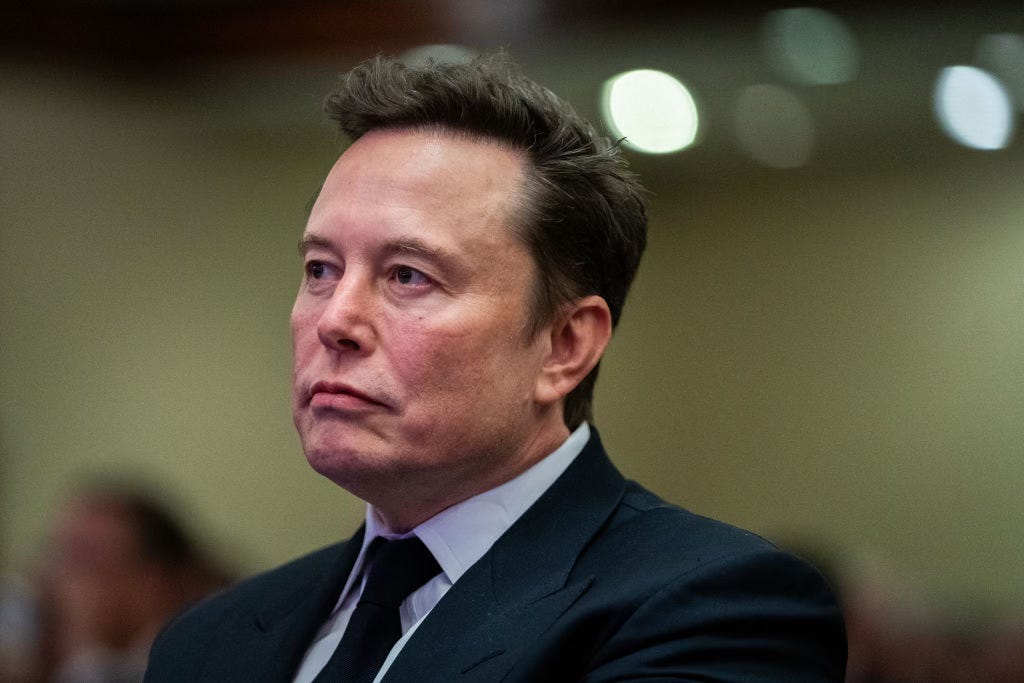Musk Declares Social Security Recipients Can No Longer Work From Home
Musk Declares Social Security Recipients Can No Longer Work From Home
Musk Declares Social Security Recipients Can No Longer Work From Home
In a bold and controversial statement, Elon Musk, the CEO of Tesla and SpaceX, recently announced a new directive that will affect Social Security recipients across the United States. Musk declared that those receiving Social Security benefits will no longer be allowed to work from home, arguing that it is essential for people to return to traditional workplace environments to fully contribute to the economy. The declaration has sparked widespread debate about the future of remote work, especially for vulnerable groups such as senior citizens and individuals with disabilities.

The announcement comes at a time when remote work has become increasingly popular, largely as a result of the COVID-19 pandemic, which forced many employees to work from home for health and safety reasons. Remote work has been seen by many as a potential solution to the challenges of balancing work and personal life, particularly for those with family obligations or health concerns. However, Musk, known for his outspoken views and ambitious approach to business, has long been a critic of the remote work model, often advocating for employees to return to the office for greater productivity and innovation.
Musk’s directive specifically targets Social Security recipients who are engaged in some form of paid work while receiving benefits. He argues that by working from home, these individuals are not fully participating in the workforce and are not contributing to the economy in the same way that those who work in physical office spaces are. According to Musk, the decision to ban remote work for Social Security recipients is part of a broader effort to encourage greater workforce participation and to ensure that those who are able to work are doing so in a manner that maximizes their productivity.
The move has been met with mixed reactions from the public. Proponents of Musk’s stance argue that it could help foster a more dynamic economy by encouraging individuals to return to work in physical offices and create a more connected and productive workforce. They contend that in-person work leads to better collaboration, networking, and innovation, all of which are crucial to driving economic growth in the post-pandemic world.
On the other hand, critics of the proposal argue that the decision is out of touch with the realities faced by Social Security recipients, particularly those who are older or have disabilities. Many of these individuals rely on Social Security as their primary source of income and may be physically or mentally incapable of working in traditional office settings. For them, the option to work from home has been a vital way to earn an income without compromising their health or well-being. Critics warn that Musk’s decision could disproportionately harm vulnerable groups who have few alternatives for gaining employment.
Additionally, concerns have been raised about the logistical challenges of implementing such a policy. Remote work has become a norm for millions of people across various industries, and many Social Security recipients have found jobs that allow them to contribute from the safety and comfort of their homes. Forcing these individuals to return to in-person work could lead to job losses, economic hardship, and unnecessary stress for those who are already living on a fixed income.
Musk’s comments have reignited a broader debate about the future of work in the United States, especially as the economy continues to recover from the effects of the pandemic. While some argue that in-person work is necessary to drive innovation and collaboration, others believe that the flexibility of remote work should be preserved, particularly for those who may face challenges in commuting or working in traditional office environments.
Ultimately, Musk’s directive is likely to spark ongoing discussions about the role of remote work in society and the impact of such policies on vulnerable groups. Whether his call for Social Security recipients to return to the office will become a reality remains to be seen, but it is clear that his bold declaration has raised important questions about the future of work in America.





